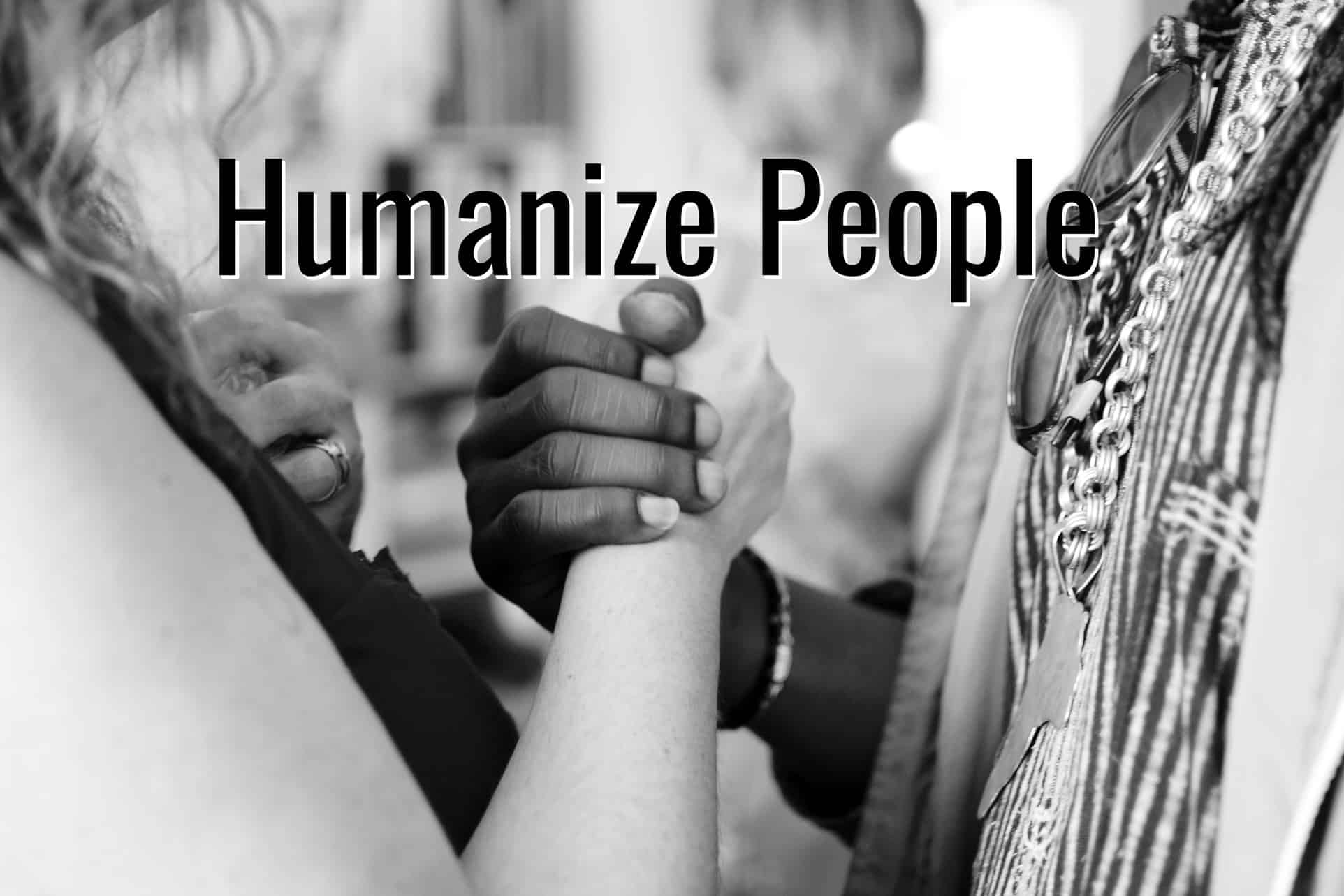People First. Athletes Second.
“Kid’s don’t want to be talked to like they are baseball players or soccer players.
They want to be talked to like they are Mike and Sarah.
They have enough time tied up in the activities that will later contribute to their identity crises.
Validate who they are as PEOPLE.”
-Ray Zingler on X

I get inquiries from prospective clients on a weekly basis.
Typically, the inquiry from our website form will ping to my email something that looks like this: “Our son is a baseball player and needs to work speed and pitching velocity.”
I don’t hate this because it’s straight to the point.
But I study the email a little bit more in-depth.
“Our son”? What’s his name?
“Is a baseball player” is that all he does? Is that his entire identity or is baseball only something that he does.
“Needs to work on speed & pitching velocity” Fair. But is that all he needs to work on? Are there other areas he can improve upon, maybe off the field, too?
So my replies to the inquiries usually look something like this:
“___________ thanks so much for reaching out on behalf of your son. We are more than confident that we can increase his running speeds and positively influence his pitching velo.
Do you have any time this week to set up a phone call so that I can learn more about your son, personally, and discuss the philosophy of our program?
I am very eager to welcome him to a trial so that we can get to know him and ensure we are great fit for him.
I look forward to connecting soon,
Best,
Ray Zingler”
And then I get them on the phone.
And do you know how much time I spend talking about baseball?
Or how much the triceps are involved in the pitching motion, which is why the bench press is actually a great exercise for baseball players…
Very little.
I immediately get their son or daughters name so that when I speak about their kids on the phone, I can consistently humanize them.
After that I ask about their drives, motivations, and what else they like to do beyond “baseball”.
What do they struggle with? Can their confidence improve?
I spend most of the time talking about how critically important mentorship is and how we feel we can obviously help them as ball players, but more importantly as people.
And when we structure it this way, it’s funny how focusing on Mike happens to help Mike improve as a ball player.


